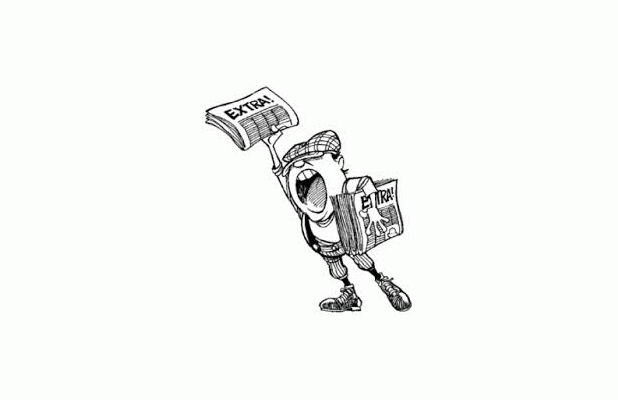Defences narrowed for drunk drivers
It will be harder to fight charges of driving with excess alcohol once amendments to the Criminal Code take effect July 2, 2008. Also under the amendments, higher fines and longer jail terms await those convicted.
Until now it was possible to defend a charge of driving with excess alcohol – “over 80” – by raising a reasonable doubt that your blood alcohol concentration (BAC) was over the legal limit. To succeed with the defence it was enough to testify about the amount you drank and have an expert calculate that your BAC would be within the legal limit at the time of the alleged offence. Unless the court rejected your evidence you’d be acquitted. No more.
Must prove machine malfunction
Evidence that your BAC was within the legal limit (known in law as “evidence to the contrary”) will no longer suffice. Now you will also require evidence that the breath instrument was malfunctioning or operated improperly and that but for the malfunction or improper operation, the readings would have been within the legal limit. To muster such evidence will be tough.
The evidence to the contrary defence is known among the criminal bar as the “Carter” defence. The name derives from a 1985 Ontario Court of Appeal decision that upheld the acquittal of James Carter whose car had crashed on Highway 400. Blood analysis revealed a BAC of over 226 mgs. of alcohol in 100 ml of blood.
“Death of Carter”
At trial Carter said he had “three beers” and a toxicologist testified Carter would have had no alcohol in his blood at the time of the accident. As Carter’s evidence was not rejected, he was acquitted.
The Crown appealed. In dismissing the appeal, the court noted “if the appellant’s evidence is accepted, the blood sample reading must be wrong, and the appellant is not obliged to speculate where the error might have occurred; in the taking of the sample, the labelling, the testing or whatever.” In the wake of the amendments, criminal defence lawyers are now lamenting the “death of Carter.”
The amendments also introduce harsher penalties for drinking and driving offences. These offences include driving or care or control while impaired or with over 80 mg of alcohol in 100 ml of blood, and fail or refuse to provide a breath sample.
Higher fines, more jail
The minimum fine for a first offence will jump from $600 to $1,000. For a second offence, the minimum penalty will rise from 14 days jail to 30 days. For a third or subsequent offence the minimum penalty will go up from 90 days jail to 120 days.
As a weekend (intermittent) sentence is available only for sentences of up to 90 days, it will no longer be available to persons with two prior convictions. In addition, the maximum jail penalty for a drinking and driving offence prosecuted by summary conviction will increase from six months to 18 months.
New offences created
The amendments create several new offences. These include:
- driving with excess alcohol and causing bodily harm or death to another person
- failing or refusing to provide a breath sample when you know or ought to know that your operation of a motor vehicle caused an accident resulting in bodily harm to another person or death
The amendments were passed by the House of Commons on November 27, 2007. They received Royal Assent on February 28, 2008.










